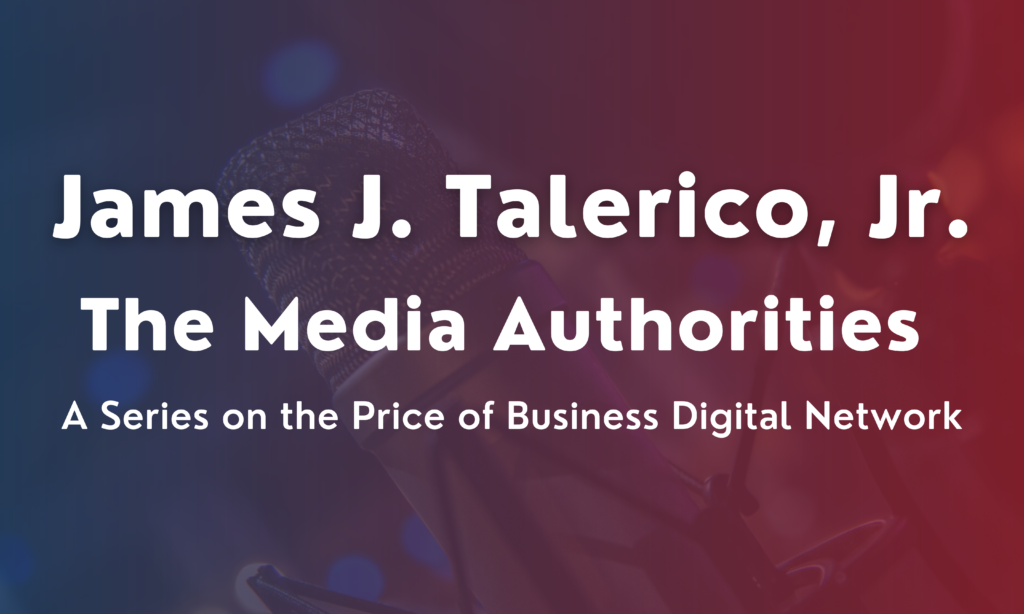Each day, you dress the part and demonstrate your skills as you advance in your career. Yet, there’s always that one colleague who pushes your limits, tempting you to respond unprofessionally. You know giving in could harm your career and even risk legal trouble. Despite your attempts to address the issue, your concerns remain unheard.
You know that you could go to HR, but does this annoyance rise to the level of human resources and possibly the senior leadership? Have you done enough to quell the issue? Every day you want to punch this person comma but you’re hesitant to seek help within the company. What you’re looking for is conflict resolution. And that doesn’t always require the human resources department.
Mastering conflict resolution is a game-changer for professionals in every career. Why? Because clashes and disagreements can erupt anywhere—whether you’re in a bustling office or out in the field. Mastering conflict resolution is your key to transforming interpersonal clashes into opportunities for growth. By reconciling emotions and reaching mutual understanding, you not only enhance personal well-being but also supercharge productivity.
Before we dive in Conflict resolution let’s first answer: “What is conflict resolution?” Conflict resolution ends disputes by reaching agreements that satisfy everyone involved. Since conflict is a natural part of life, these skills don’t avoid disagreements; they help facilitate discussions, enhance understanding, and manage emotions effectively.
Here are the top causes of workplace conflicts:
- Incivility at Work
- Disengagement and Job Satisfaction
- Egos, Stress, and Workloads
- High Prevalence of Conflict
- Front-Line Conflict
- Senior Teams
- Interpersonal Conflict
- Personal Attacks
You know what bothers you the most. Here are some tips to help you tackle the issue.
Handle Conflict with Confidence
- Conflict happens. It can be tricky, but with assertiveness and clear boundaries, you can navigate it smoothly.
- Start by checking in with yourself. What are you feeling? What do you need? Take a moment to prepare your thoughts.
- Choose a good time and place for the talk. Make sure both of you are ready to chat.
- Focus on the issue, not the person. Use “I” statements to share your side without blaming. Think, “I feel…” rather than, “You always…”
- Stay calm. Listen with an open mind. Try to understand where they’re coming from.
- Respect each other’s boundaries. Be ready to compromise. Keep your mind open and your heart kind.
- Lastly, thank them for the conversation. Summarize what you’ve agreed on. Show appreciation.
Your goal is to strengthen your relationship and secure a brighter future, but sometimes that isn’t possible. In such cases, aim for civility and respect. Request that the behavior stops; while friendship might not develop, this can create a more harmonious workplace. Document your conversation with a follow-up email. If the behavior persists, escalate the issue to HR.
Joia Jefferson Nuri has a keen intuition for helping women of color executives achieve their goals. Her training as a coach in executive Leadership and public speaking has sharpened her ability to understand and support clients clarify their objectives. Joia helps her clients build a toolkit to battle their destructive inner critic, allowing them to rise from their zone of excellence to their zone of genius. Trained in the rubric of positive psychology, her techniques put clients in touch with their inner critic so they can quiet it. As a leadership coach, her ultimate goal is to help clients understand their worth, maximize their abilities, and live the lives they see for themselves. Joia’s signature executive team-building and inner critic workshops assist companies, social change groups, and women’s organizations to maximize their Leadership while aligning their values and practices.
Before coaching, she was a human rights communication strategist for Harry Belafonte and Danny Glover, TransAfrica, The Institute for Policy Studies, and Truly Living Well Center for Urban Agriculture. As a communication strategist, she testified before Congress on Haiti Relief and co-wrote Congressional Testimony for Danny Glover. Joia Nuri has co-written, edited, and coached 14 TEDx Talks, including one for herself. She was honored to be invited to deliver the keynote address in Vienna, Austria, before the 53 nations of the Organization for Security and Cooperation in Europe (OSCE).
Her communications career at NBC News was one of the first women hired as a technician. Her move to CBS News made her the first Black woman to serve as Technical Director of the CBS Evening News and Face The Nation. She also worked as a senior producer at NPR, PBS, and C-SPAN.
Her public speaking training began with her father, a classical baritone. Later, her training continued with Shakespearean actress Naomi Jacobson. Joia has performed voiceovers for documentaries on Civil Rights icon John Lewis, ballet dancer Misty Copeland, filmmaker Ava Duverney, and Secretary of State Hilary Clinton.
Joia Nuri’s early career was in network newsrooms, where she was the first Black woman to be Technical Director of the CBS Evening News and Face the Nation. She also worked as a senior producer at PBS, NPR, and C-Span.She applies her experience, intuition, and training to help each client achieve true Leadership. Today, she is coaching government, education, corporations, and philanthropy leaders.
Awards & Accomplishments:
- Emmy Award, WRC-TV
- Corporation for Public Broadcasting Award for Programming Excellence
- Spirit Award, Pacifica Radio Network
- Judge for the Robert F. Kennedy Memorial Human Rights Awards
- Delivered Keynote Address before the OSCE in Vienna, Austria
- TEDx Talk, Wilmington
- Event Strategist, Obama Inaugural Galas, 2009 & 2013
Website: https://inthepubliceyecoaching.com/
In The Public Eye Coaching https://inthepubliceyecoaching.com/
LinkedIn: https://www.linkedin.com/in/joiajeffersonnuri/
Twitter/X: @joianuripcc






